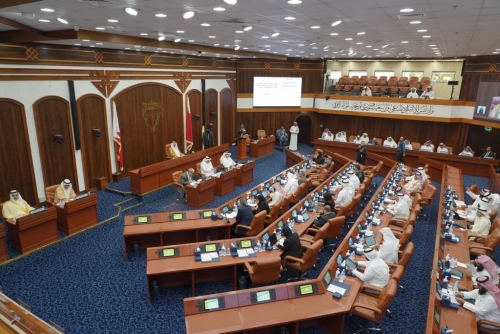Two-thirds of bills submitted by MPs end up as ‘proposals’
TDT | MANAMA
The Daily Tribune - www.newsofbahrain.com
A recent report by the General Secretariat of the Council of Representatives has revealed the performance of the parliament during its second session, which concluded on Wednesday.
The statistics show that the council submitted a total of 196 bills to the government, with 72 of them being “draft laws” (36%) and 124 being “proposals” (64%). This means that two-thirds of the proposals put forth by the MPs are non-binding.
The data indicates that the council submitted four proposals per parliamentary meeting, compared to two draft laws. This was during the course of 34 meetings held over seven months, including 32 regular meetings and two extraordinary ones.
Meanwhile, throughout the entirety of the previous parliamentary session, there was a notable scarcity of proposals aimed at amending the constitution, with only one such proposal being submitted.
Despite the ongoing debate and controversy surrounding the large number of non-binding proposals submitted by the council to the government every week, which are often met with similar responses from the government (either being implemented, rejected, or under study), the council has continued to put forth a significant number of proposals.
Some sessions have even witnessed heated discussions between the council’s legal advisors due to the similarity and near-duplication of the proposals.
This recurring debate over the urgent proposals has led to the formation of a smaller committee tasked with studying the proposals and determining which ones merit the “urgent” designation for discussion during the weekly meetings.
Study
The remaining proposals are then referred to the respective committees for further study before being presented to the council for voting as regular proposals, without the “urgent” label.
This has introduced new debates within the council regarding the criteria for selecting urgent proposals and the alleged inconsistencies in the committee’s assessments.
Related Posts

